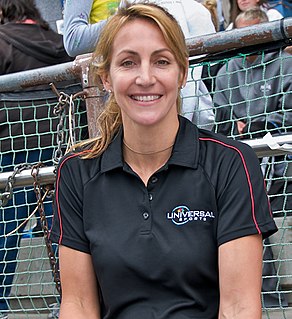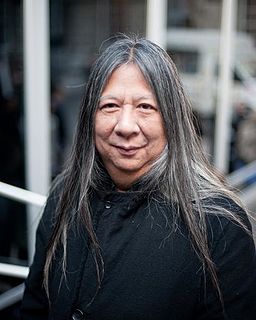A Quote by David Lidington
It is often said that fathers can often find it hard to talk about their own feelings so there's no wonder they struggle to speak to their son or daughter about the topic.
Related Quotes
Bullshit is unavoidable when circumstances require someone to talk without knowing what he is talking about. Thus, the production of bullshit is stimulated whenever a person's obligations or opportunities to speak about some topic exceed his knowledge of the facts that are relevant to that topic. This discrepancy is common in public life, where people are frequently impelled-whether by their own propensities or by the demands of others - to speak extensively about matters of which they are to some degree ignorant.
I think films about men are often about characters who don't want to express their feelings. You're supposed to kind of admire them for not expressing their feelings. And I feel that's a bit dull. Women's stories often have stronger emotional content, which I enjoy doing. What I really love doing is mixing that with humor.
With my son, falling off his bike is usually what makes him upset, so a hug goes a long way. But girls are more complicated; my daughter will get bummed out because her friend hurt her feelings. In that case, we'll talk about it. I'll tell her that she's a great friend, and that she needs to talk to her friends about it.
It often appears that those who talk the most about going to heaven when you die talk the least about bringing heaven to earth right now, as Jesus taught us to pray: 'Your will be done on earth as it is in heaven.' At the same time, it often appears that those who talk the most about relieving suffering now talk the least about heaven when we die.


































